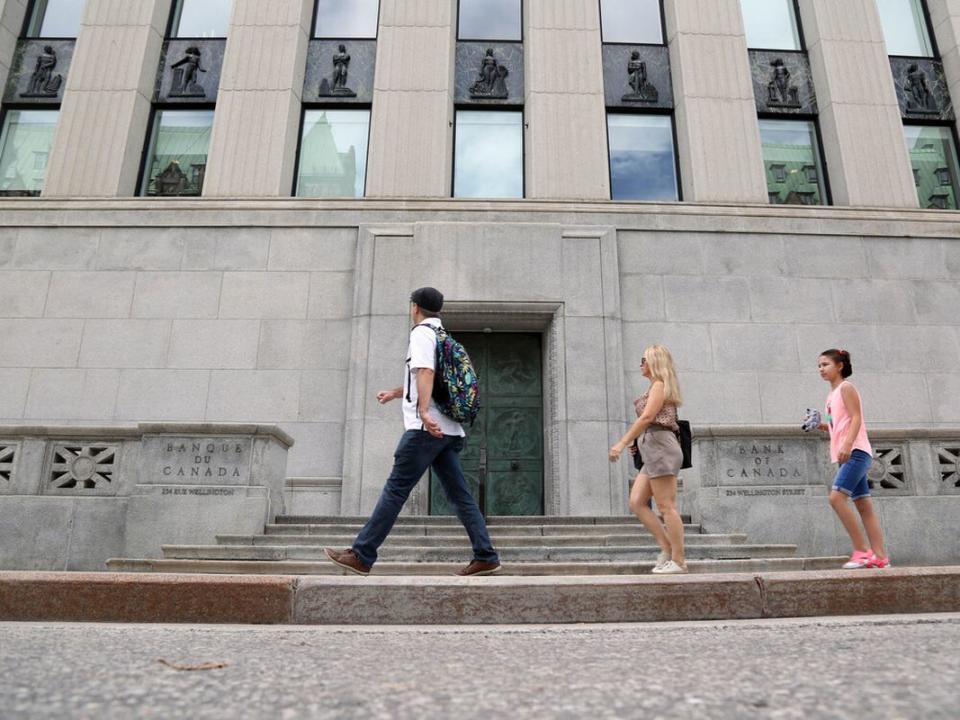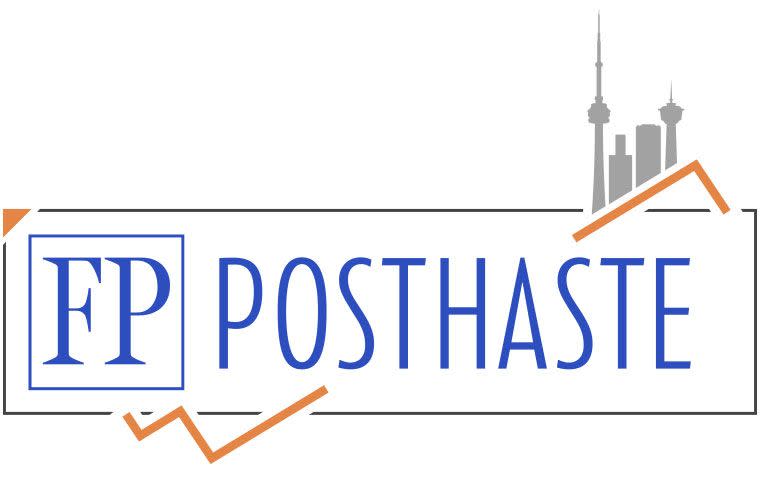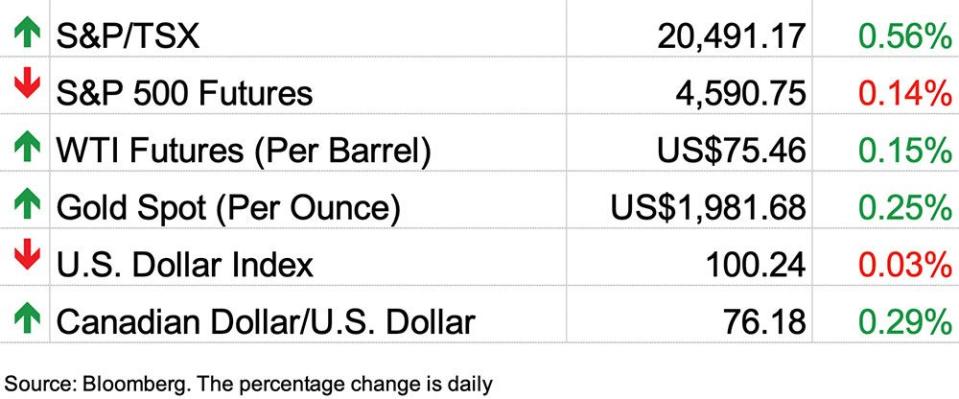Posthaste: Canadians are desperate for other ways to tame inflation besides rate hikes


Canadians are crying uncle on more interest rate hikes and pleading for new ways to get inflation back in hand.
“With many central banks still signalling possible further rate hikes, we keep getting asked if there are other ways to combat inflation. The short answer: yes,” said Desjardins Group principal economist Hendrix Vachon in a note from July 13, the day after the Bank of Canada increased rates to five per cent — a 22-year high.
The future of further rate increases is being hotly debated following the release of June inflation numbers on July 18 that showed the overall consumer price index (CPI) decelerating to 2.8 per cent year over from 8.1 per cent last year.
Some, like well-known economist David Rosenberg, argue the Bank of Canada has overdone it on rate hikes and is fuelling inflation, proven, he said, by the 30-per-cent increase in mortgage costs Statistics Canada recorded in the June CPI.
Meanwhile, other major bank economists and research companies said the central bank’s preferred inflation measures, including one that strips out mortgage interest costs, are stuck above the top end of the central bank’s inflation target of three per cent, meaning another rate hike might be coming.
But Desjardins’ Vachon thinks governments can help the Bank of Canada with inflation.
High inflation has two drivers: elevated demand and constrained supply. Governments, the economist suggested, have the tools to tackle both.
To slow demand, governments could raise sales taxes, although doing so could lead to higher prices. However, Vachon said inflation is typically tracked excluding taxes. He suggested governments could tackle overconsumption with right-to-repair legislation and address “planned obsolescence” in consumer products.
Also on the policy side, governments could look to increase competition and reduce costs for business.
“The Fed and other central banks would probably have an easier time if governments opted for policies that would curb demand,” Vachon wrote.
Cutting government spending also made Vachon’s list of helpful tactics to slow demand in inflationary times, something he noted governments failed to implement. Many economists argued earlier this year that generous government spending helped to foil the Bank of Canada’s efforts on inflation.
TD Economics said in a note prior to the April 2023 federal budget that provincial inflation relief programs, such as one in Quebec, and government subsidies including those for daycare, worked at cross purposes to the Bank of Canada’s efforts to douse demand.
“Financial tightening by the Bank of Canada is being mitigated by government programs,” wrote Beata Caranci, TD’s chief economist.
During the pandemic, central banks were quick to realign interest rate policies to help economies survive, Vachon at Desjardins noted. However, governments haven’t been as quick to return the favour. Post-pandemic government spending remains high in many countries. Indeed, Ottawa, in its 2023 federal budget, added $43 billion of net new spending.
Tinkering with supply, however, appears a longer-term proposal, the Desjardins economist said, with any changes taking quarters or years to come into effect, including measures “to increase the number and size of businesses, introduce new technologies or production methods, increase housing, upgrade infrastructure, improve worker training.”
Governments could also take steps to avoid supply shocks, a phenomenon the pandemic brought sharply into focus.
However, it’s not yet clear the Bank of Canada needs the assistance of government policy, Vachon said.
“If inflation proves too sticky, or we’re hit by further inflationary shocks, then we’d like to see better co-ordination between government and central bank policy to help bring supply and demand into balance.”
_____________________________________________________________
Was this newsletter forwarded to you? Sign up here to get it delivered to your inbox.
_____________________________________________________________


A third of Canadians have changed or cancelled their vacation plans due to inflation, according to a new survey by Leger. Of those who have changed their vacation plans, 46 per cent are also cutting back on dining out, found the July survey of 1,526 Canadians. Read the full story here.
___________________________________________________
Alberta Premier Danielle Smith will talk about the government’s plans for the province’s economy at an event hosted by the Edmonton Chamber of Commerce.
Today’s data: Canada employment insurance data for May; U.S. initial and continuing jobless claims, Philadelphia Business Outlook Survey, existing home sales
Earnings: Newmont Mining Corp., Choice Properties Real Estate Investment Trust, Johnson & Johnson, SVB Financial Group
___________________________________________________

_______________________________________________________
B.C. ports in limbo as union removes strike notice despite ongoing dispute with employers
Competition commissioner doubles down on claims that Cineplex uses ‘deceptive’ marketing
The only inflation left to tame is being caused by Bank of Canada
How immigration could be impacting efforts to bring down inflation
_______________________________________________________
TikTok is apparently full of bad financial advice. One expert was so shocked at what he saw on the video streaming platform that he set up his own account to try counter some of the misinformation. “I was sort of blown away because I thought, erroneously, of course, that day trading died in the tech bubble when everybody lost all their money,” says Brad Klontz. “But there’s an entire new generation of people who think they can beat the market. And then I got concerned, because I know how this ends.” Read the full story here on MoneyWise, our content partner.
____________________________________________________
Today’s Posthaste was written by Gigi Suhanic, (@gsuhanic), with additional reporting from The Canadian Press and Bloomberg.
Have a story idea, pitch, embargoed report, or a suggestion for this newsletter? Email us at posthaste@postmedia.com, or hit reply to send us a note.

 Yahoo Finance
Yahoo Finance 



